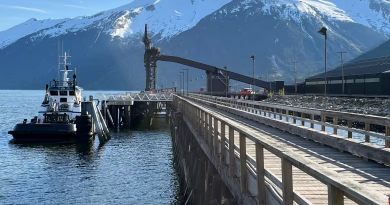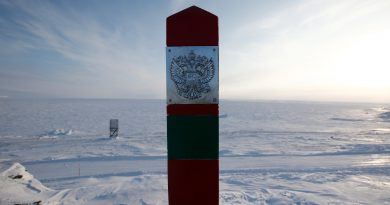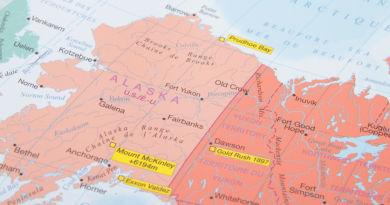Canada announces $175 million investment in Arctic waters protection
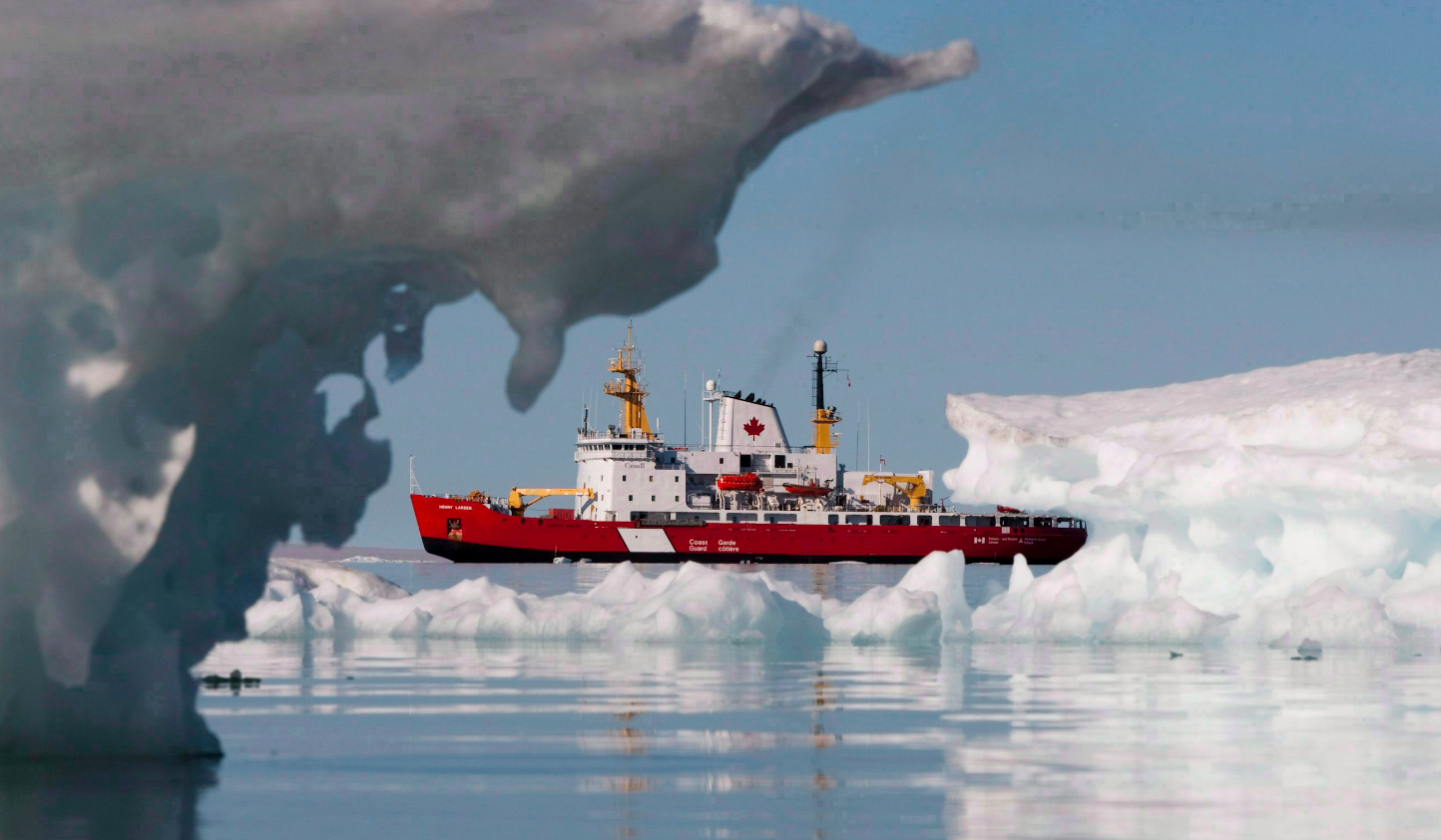
Canada will be devoting $175 million to protecting Arctic waters as part of its Oceans Protection Plan, the federal transport minister said this weekend.
“The Government of Canada has taken additional steps to protect the health of our Arctic coast and water and enhance the safety and security of marine resupply operations that Northern communities rely on to receive up to 95% of their goods,” Transport Minister Marc Garneau said in a news release from Cambridge Bay, a community in Canada’s eastern Arctic territory of Nunavut.
“The measures we are announcing today will protect Canada’s Arctic coast and water for future generations and continue to provide critical jobs and employment.”
Bolstering marine safety
The $175 million will be divided into five different areas with the bulk of the money, $94.3 million over five years, focused on making Arctic resupply operations safer and more efficient.
The other investments will go the construction of an Arctic National Aerial Surveillance Program Complex ($29.9 million) in Iqaluit, Nunavut’s capital city; expanded marine training for Indigenous people, Northerners and women in Canada’s Arctic ($21 million over five years ); setting up an Office of Incident Management to allow the government to better respond to and coordinate during emergency situations ($16.89 million); and the expansion of Transport Canada’s Community Participation Funding Program ($13.4 million) so Indigenous groups can better participate in discussions around Canada’s marine transportation system.
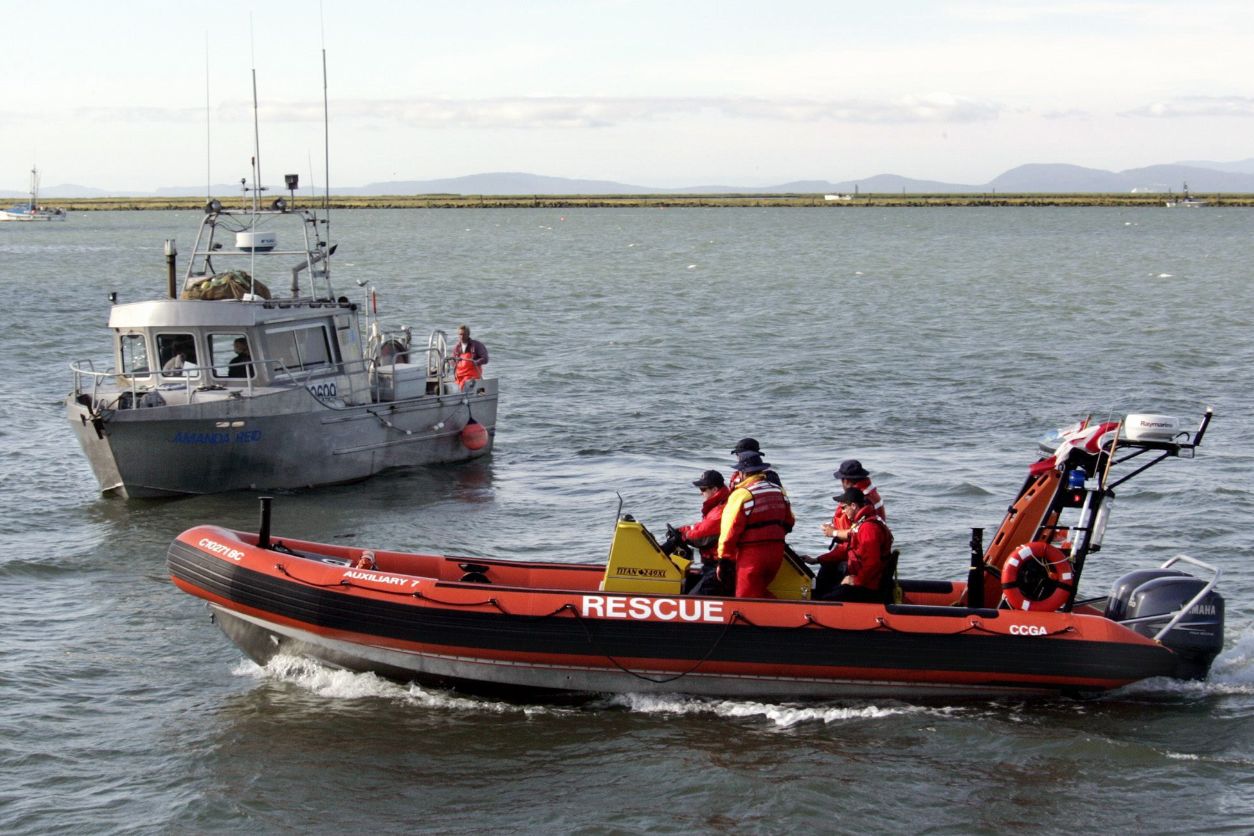
The government also pledged continued expansion of the Canadian Coast Guard Auxiliary in the Arctic and the establishments of low impact shipping corridors, but didn’t give dollar allotments for those measures.
The Canadian Coast Guard Auxiliary is a volunteer search and rescue association made up of recreational boaters and commercial fisherman that can assist the Coast Guard across the country.
“Under this plan, we are expanding the Coast Guard Auxiliary in the Arctic, particularly through Indigenous participation,” Dominic LeBlanc, Canada’s Minister of Fisheries, Oceans and the Canadian Coast Guard, said in the news release.
“We look forward to continued consultation on this important project, which will see increased emergency response capacity in the Arctic and provide a meaningful opportunity for Indigenous communities to protect their marine areas for future generations.”
National strategy
The $1.5 billion Oceans Protection Plan was announced in 2016 by Canadian Prime Minister Justin Trudeau to improve marine safety, promote responsible shipping and enable authorities to better respond to emergencies like oil spills.
Write to Eilís Quinn at eilis.quinn(at)cbc.ca
Related stories from around the North:
Canada: Inuit and Canadian government agree on Arctic conservation area, Radio Canada International
Finland: Rare seals from Finland’s Saimaa lake in danger, says WWF, Yle News
Greenland: Greenland on the horizon, blog by Irene Quaile, Deutsche Welle
Norway: Youth eco-group calls the new Norwegian Arctic oil blocks «madness», The Independent Barents Observer
Russia: UNESCO mission visits protected island in Arctic Russia, The Independent Barents Observer
Sweden: Sweden could be a model of sustainability, says environment professor, Radio Sweden
United States: Only endangered plant in Alaska to undergo status review, Alaska Dispatch News

